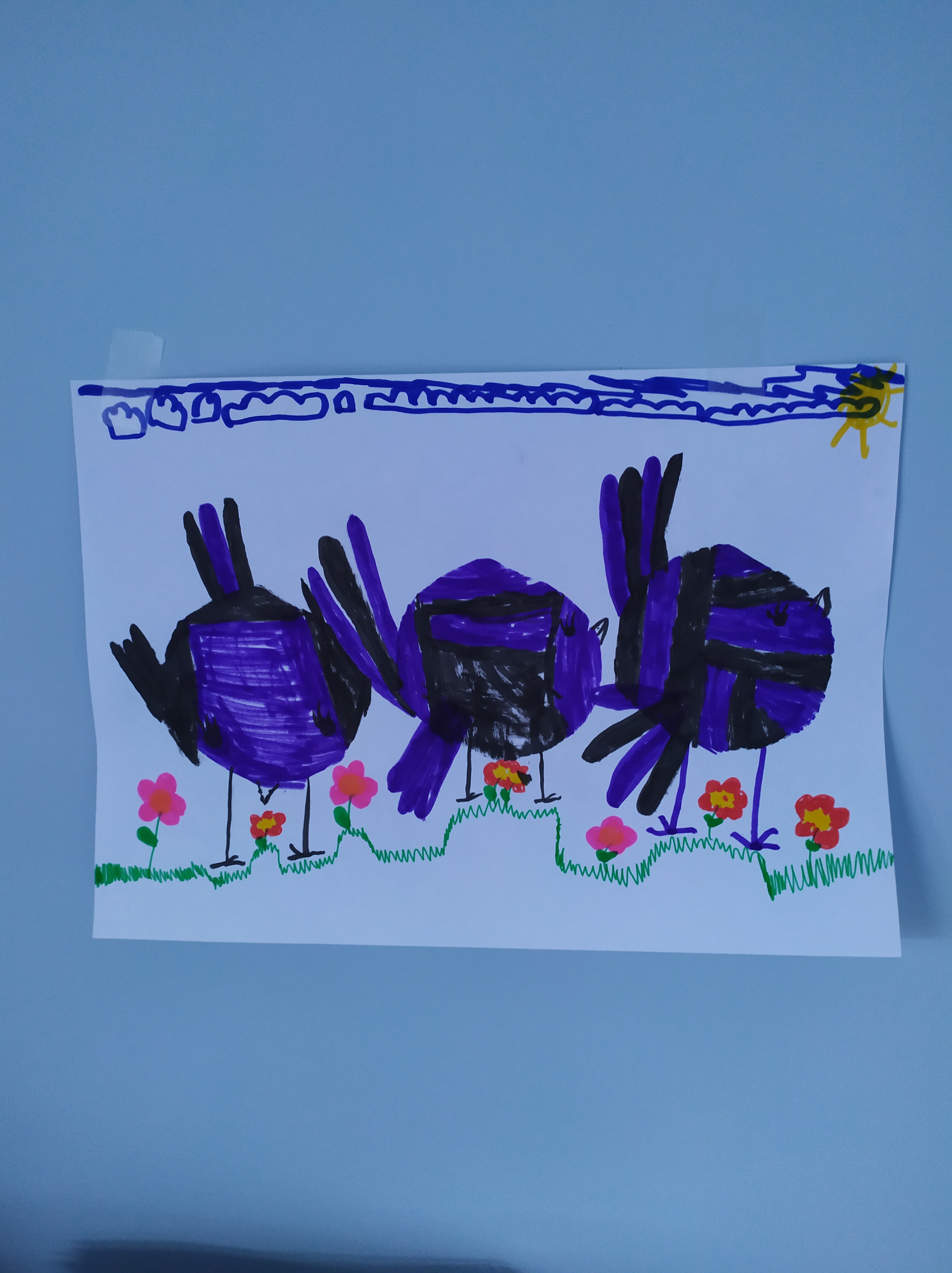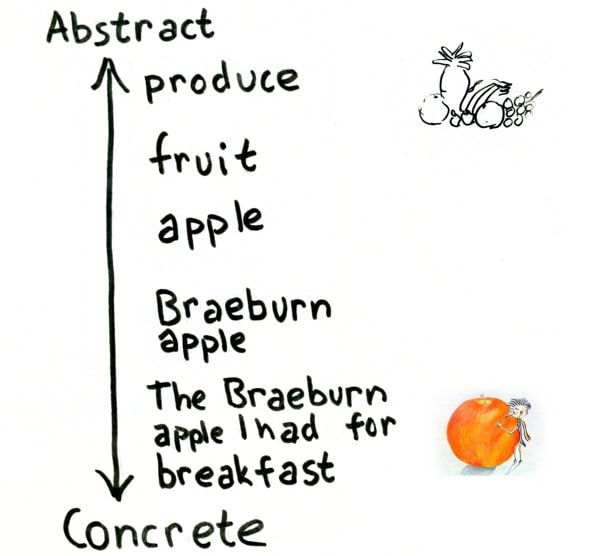Dankie Amanda vir die waarskuwing dat Mei amper verby is. Hier is nog n paar ekstra ‘tips’.
Lekker dig. Sien jul almal weer met die volgende uitdaging
Poetry Writing Tips included below:-
Time is almost up for posting poems for the A and I Poetry Challenge for the month of May. Have you written your poem, yet?
Post a poem with a link back to my blog before the 28th May, so I can easily find it and include it in the next monthly Poetry Challenge post.
Poetry Challenge – May Prompt
*Write a poem using this photograph or one of your own as inspiration.
N.B. If you choose to use your own photo, please post the photo along with the poem.

You will find the full post on the May prompt and guidelines here
Poetry Writing Tips
I will discuss more using concrete language in poetry next month but here is a taste to get you thinking and writing in a more concrete way.
Tip: Use concrete language instead of abstract language
The key to writing great poetry is to write focused, concrete poetry. But many beginning poets write poetry based around wide themes such as love, life, and anger, generalizing their writing.
By using strong language, active verbs instead of passive verbs and concrete language instead of abstract, you can capture a reader’s interest and captivate a reader’s imagination. Poetry, as something others read, should be at its best interactive, and at its worse, straightforward and clear.
Here is an example:
Concrete words describe things that people experience with their senses.
- orange
- warm
- cat
A person can see orange, feel warm, or hear a cat.
Poets use concrete words to help the reader get a “picture” of what the poem is talking about. When the reader has a “picture” of what the poem is talking about, he/she can better understand what the poet is talking about.
Abstract words refer to concepts or feelings.
- liberty
- happy
- love
“Liberty” is a concept, “happy” is a feeling, and no one can agree on whether “love” is a feeling, a concept or an action.
A person can’t see, touch, or taste any of these things. As a result, when used in poetry, these words might simply fly over the reader’s head, without triggering any sensory response. Further, “liberty,” “happy,” and “love” can mean different things to different people. Therefore, if the poet uses such a word, the reader may take a different meaning from it than the poet intended.
Change Abstract Words Into Concrete Words
To avoid problems caused by using abstract words, use concrete words.
Example: “She felt happy.”
This line uses the abstract word “happy.” To improve this line, change the abstract word to a concrete image. One way to achieve this is to think of an object or a scene that evokes feelings of happiness to represent the happy feeling.
Improvement: “Her smile spread like red tint on ripening tomatoes.”

Writing poetry is something to ponder about

